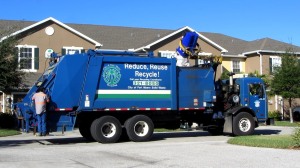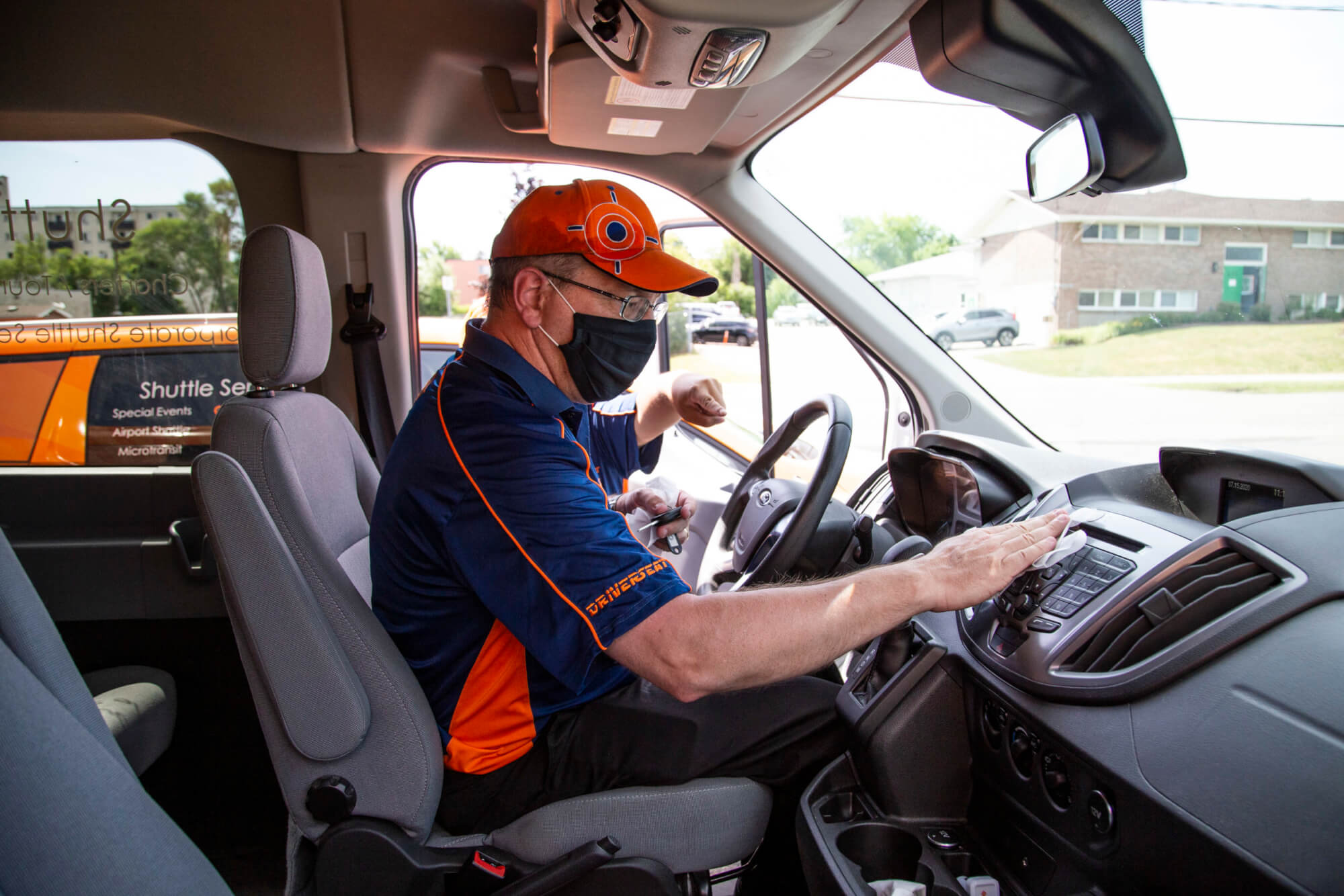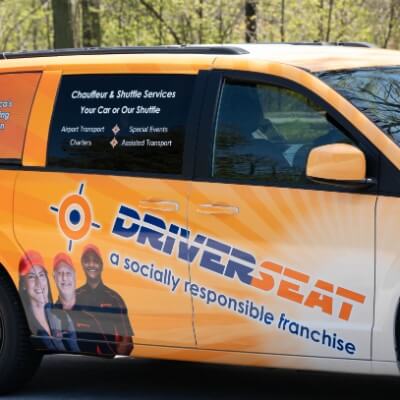In 1981, in Kitchener, ON, the first household recycling pilot was launched. Prior to this time, all waste generated in a household was taken to landfill in plastic garbage bags. https://en.wikipedia.org/wiki/Recycling_in_Canada.
While it may seem like that was a lifetime ago, and we could not imagine life without recycling today, it took a significant shift in mindset, paradigm and culture to make recycling mainstream. So much so, that it was not really widely accepted across Canada until the early to mid-90’s. The next significant milestone in waste diversion came with the Green Bin programs, that divert compostable material from landfill.  While these programs are still in their infancy and actually non-existent in some communities, there is a movement towards making them more mainstream, and rightfully so. Suffice it to say, that it will not happen over night, as it requires households to be more accountable, change their decades-old habits, and deal with the “mess” that sometimes comes with it.
While these programs are still in their infancy and actually non-existent in some communities, there is a movement towards making them more mainstream, and rightfully so. Suffice it to say, that it will not happen over night, as it requires households to be more accountable, change their decades-old habits, and deal with the “mess” that sometimes comes with it.
The fact is, there is a need for waste diversion, and recycling and green bin programs are vehicles for solving that challenge. As people change their paradigms, and habits, these programs will be under more demand, and therefore, will become better utilized and more effective.
Similarly, our society faces a challenge with people driving under the influence of drugs and alcohol. These people have a bad, sometimes decades-old habit, that is taking a lot of time and resources to change.  While there are myriad vehicles out there for reducing drinking and driving, one of the most significant ones is Designated Driving companies. Where is the paradigm shift in this? Well, in our experience, it is changing the decades-old habit of saying “Call a Taxi”.
While there are myriad vehicles out there for reducing drinking and driving, one of the most significant ones is Designated Driving companies. Where is the paradigm shift in this? Well, in our experience, it is changing the decades-old habit of saying “Call a Taxi”.  The simple shift in mindset, and language to say “Do you need a taxi or a designated driver?” will actually start the transition, and give people more alternatives to drinking and driving.
The simple shift in mindset, and language to say “Do you need a taxi or a designated driver?” will actually start the transition, and give people more alternatives to drinking and driving.
Our research has demonstrated that many people who drink and drive simply do so because they need their vehicle in the morning. Taxicabs cannot solve that problem in a reasonable manor, but designated driving companies can. It will likely require much effort and resource to make the shift happen, and when it does, we are confident that similar to waste diversion, people will adopt this service as mainstream, and start the journey towards eliminating drinking and driving.
Luke Bazely is co-founder of Driverseat Inc., a personal transportation company.




